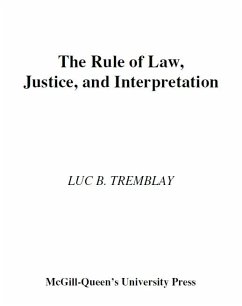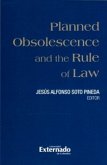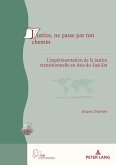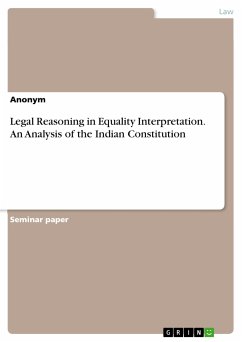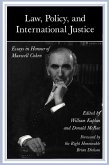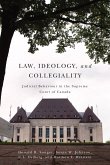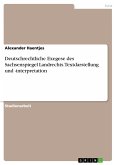Tremblay's theory of the rule of law involves a set of practical principles that constitute the ideal type of a conception of law that is both constitutive and regulative of legal discourse and practice. Tremblay examines two competing ideal types, the "e;rule of law as certainty"e; and the "e;rule of law as justice."e; The former, a standard doctrine within contemporary legal, social, and political theory, is shown to be incoherent. Thus the "e;rule of law as justice,"e; he shows, provides the best basis for understanding legal discourse in general and Canadian constitutional law in particular. Tremblay offers a coherent reconstruction of Canadian law from fundamental principles of the rule of law as justice and tests the theory through applications to key judicial decisions that have proven resistant to positivist interpretation. The Rule of Law, Justice, and Interpretation is both a stimulating work of contemporary legal theory and an innovative challenge to the traditions of Canadian constitutional law. Tremblay examines fundamental issues of legal epistemology and ontology and brings rigorous analytical jurisprudence to bear on interpretations and applications specific to Canadian constitutional law. Given the important implications of his theory for statutory and constitutional interpretation, especially with respect to the Canadian Charter of Rights and Freedoms and the potential crisis involving provincial rights of secession and partition, this book will be central to the practice of law in Canada.
Dieser Download kann aus rechtlichen Gründen nur mit Rechnungsadresse in A, B, BG, CY, CZ, D, DK, EW, E, FIN, F, GR, HR, H, IRL, I, LT, L, LR, M, NL, PL, P, R, S, SLO, SK ausgeliefert werden.

